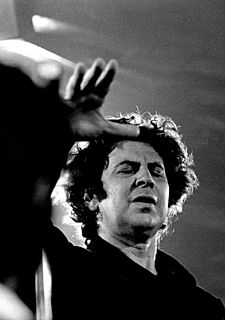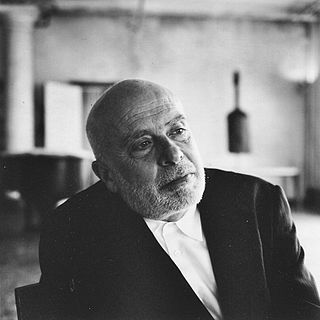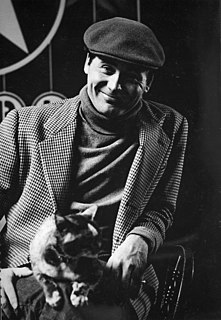A Quote by Archibald MacLeish
Journalism is concerned with events, poetry with feelings. Journalism is concerned with the look of the world, poetry with the feel of the world.
Related Quotes
Poetry is essentially the antithesis of Metaphysics: Metaphysics purge the mind of the senses and cultivate the disembodiment of the spiritual; Poetry is all passionate and feeling and animates the inanimate; Metaphysics are most perfect when concerned with universals; Poetry, when most concerned with particulars.
Poetry is concerned with using with abusing, with losing
with wanting, with denying with avoiding with adoring
with replacing the noun. It is doing that always
doing that, doing that and doing nothing but that.
Poetry is doing nothing but using losing refusing and
pleasing and betraying and caressing nouns. That is
what poetry does, that is what poetry has to do no
matter what kind of poetry it is. And there are a
great many kinds of poetry.
I don't know that I had a sense that there was such a thing as "the poetry world" in the 1960s and early 70s. Maybe poets did, but for me as an onlooker and reader of poetry, poetry felt like it was part of a larger literary world. I mean, even the phrase "the poetry world" reflects a sort of balkanization of American literary and artistic life that has to some extent happened since then.
What the world wants, what the world is waiting for, is not Modern Poetry or Classical Poetry or Neo-Classical Poetry - but Good Poetry. And the dreadful disreputable doubt, which stirs in my own skeptical mind, is doubt about whether it would really matter much what style a poet chose to write in, in any period, as long as he wrote Good poetry.
Often poetry, especially the sort of poetry I write, is concerned with looking at the borders between the sensual and the spiritual and seeing them as divided, equivocal, that mystery somehow can break in to the ordinary. And we read poetry I think in part, to gain a sense of that intimacy with things that we can't understand that are unable to be understood but that buoy up our lives.
Directing plays lacked the immediacy and connection to real world events that journalism offered; journalism lacked the drama, theatricality and subjective storytelling of theater. It wasn't until I had the idea of making a documentary film about the 1992 presidential campaign that these two passions came together in 'The War Room.'






































